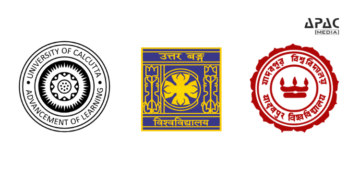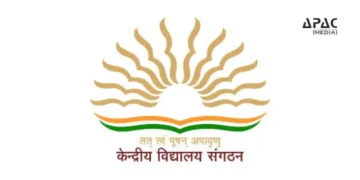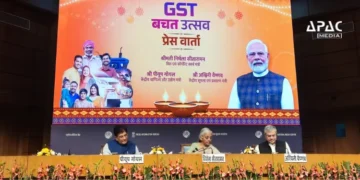Dehradun: The Uttarakhand Government marked a historic milestone by becoming the first state in India to implement the Uniform Civil Code (UCC). The move has generated both support and criticism, highlighting its transformative yet controversial nature.
Chief Minister Pushkar Singh Dhami officially implemented the UCC from Dehradun, stating that it guarantees equal constitutional and civil rights for all citizens, especially women. A rules manual for the UCC was released alongside the online portal launch.
Here’s an overview of the legislation: APAC Explained
What is the Uniform Civil Code (UCC)?
UCC is a set of laws designed to standardise personal laws governing marriage, divorce, inheritance, and related matters across all religions. Its goal is to ensure equality by providing a common legal framework for all citizens, irrespective of their faith.
What are the Key Features of Uttarakhand’s UCC?
The UCC applies to the entire state of Uttarakhand and also extends to its residents living outside the state. Scheduled Tribes and certain protected communities are exempt from its provisions.
The government also launched an online portal allowing residents to register marriages, divorces, succession rights, and live-in relationships. It will be operational from next week, enabling citizens to complete processes from home and track application statuses via email or SMS.
What are the Provisions for Marriage Under UCC?
Notable provisions for marriage under UCC include:
Legal Age: The marriageable age is standardised at 21 years for men and 18 years for women.
Prohibited Practices:
Polygamy is banned.
The practice of ‘halala’ is prohibited. Halala involves a divorced woman marrying another man and divorcing him to remarry her former husband.
Marriage Registration:
Registration is mandatory within 60 days, regardless of whether the marriage follows religious customs or legal provisions.
Marriages solemnised before March 26, 2010, or outside Uttarakhand, can be registered within 180 days of the Act coming into effect, though this is not mandatory.
Live-in Relationships:
Registration of live-in relationships is compulsory.
What are the Provisions for Divorce Under UCC?
The grounds for divorce are identical for both husbands and wives, ensuring gender parity. It can be initiated by either spouse based on the same set of legal criteria.
Broader Implications of the Legislation
While the UCC’s implementation in Uttarakhand is a landmark move towards uniformity in personal laws, it remains a topic of intense debate. While proponents view it as a step towards gender equality and secularism, opponents express concerns about its potential to disrupt cultural and religious diversity. Its success in Uttarakhand could serve as a blueprint for other states considering similar measures, shaping the future of personal law reforms in India.
Also Read:
































































Discussion about this post